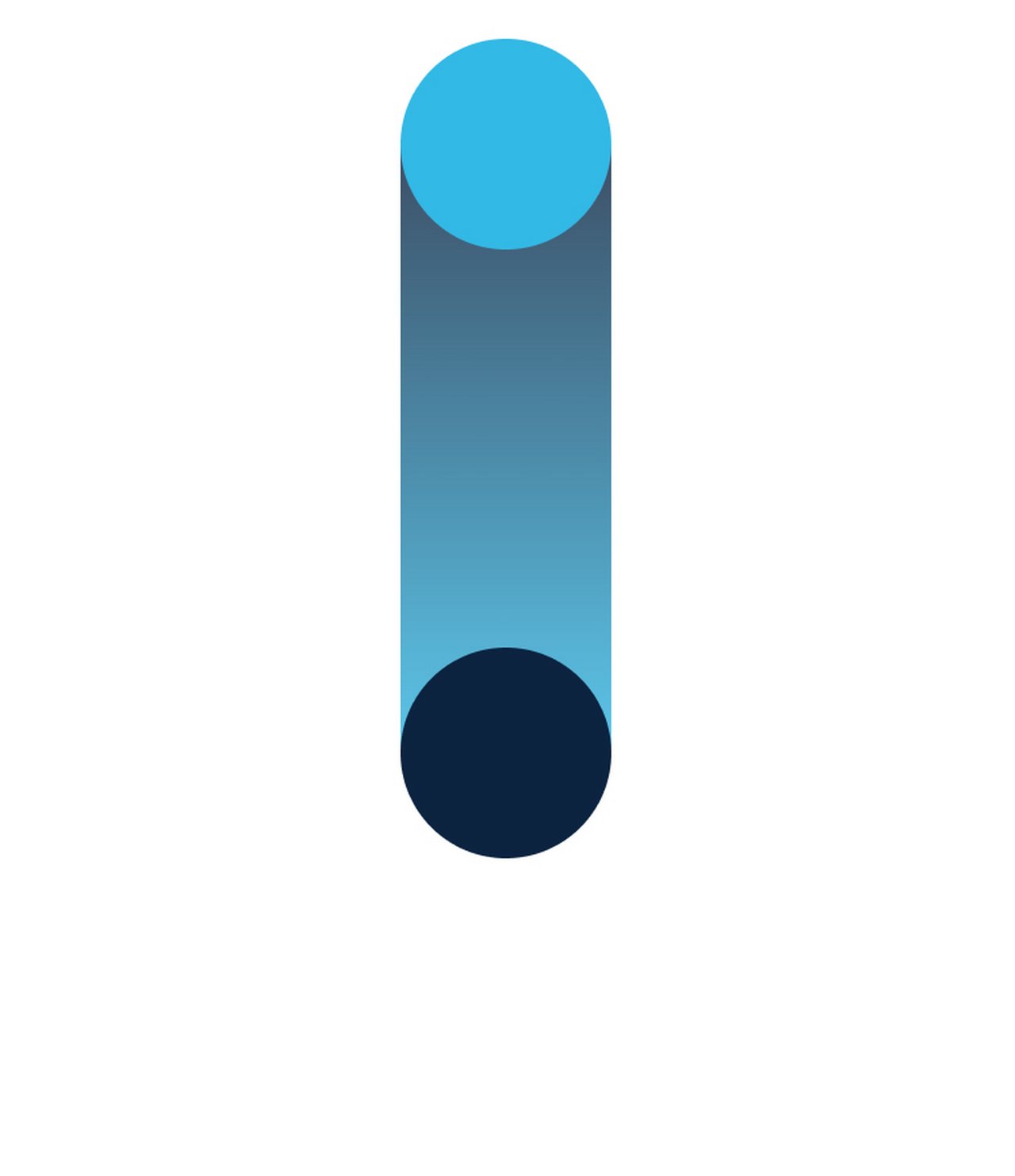
Banks and fintechs: potential partners, rather than competitors
Gil Perez, Head of Strategy & Innovation Networks at Deutsche Bank, talks about why banks have no shortage of innovative ideas, the positive influence fintechs and start-ups have on the industry, and how to bring their solutions into the bank.
Can banks ever be as innovative as fintechs?
Sure, we have no shortage of ideas and we also have a unique platform to bring those ideas to life.
As many say: ‘innovation is 1% inspiration and 99% perspiration’. Innovation begins with proposing ideas but requires effort to be realized. During our 150-year history, we have repeatedly demonstrated our ability to innovate, to support our clients and create economic value across industries, such as the automotive, energy and transport industries.
But recently, the general perception has been that innovation has mainly been driven by fintechs and start-ups. Have banks missed something?
I believe fintechs and many other innovative start-ups have a positive impact on the financial industry, and that banks should view them as potential partners, rather than competitors.
Fintechs and emerging startup companies are applying modern technologies in their respective market segments in order to differentiate themselves – for example in the area of mobile payments or consumer loans. In the majority of cases, fintechs are not regulated and they either ignore the regulation or rely on banks to provide the regulated services or coverage for them – hence there is a partnership opportunity for both sides.
In addition, fintechs and emerging start-ups help prime the market with new technologies and thus enable new opportunities for banks and market participants. A good example is the “asset as a service” model in which manufacturers no longer sell their machines to customers, but offer them the services carried out by the machines instead.
Our Corporate Bank division is developing a new innovative financial solution focusing on the intersection of IoT (Internet of Things), ‘Pay per use’ and new financial services business models. Thus, we have another opportunity to collaborate with multiple fintechs and IoT companies to offer our clients new financial tools for them to grow and adjust to market demands.
What do fintechs do better and how could banks keep up with them?
Fintechs have one major advantage that sometimes goes under the radar – they don’t need to deal with a legacy environment. They begin with an infrastructure that is modern and easy to update. They can focus on looking at financial services from a different perspective, testing new technologies and bringing their new ideas to life – in a segment where they can win.
Banks have been around a lot longer and have complexity in their technology and areas where transformation has to take place. It’s too risky and costly to throw it all out and start again. But as a bank, our strengths are our understanding of our industry, our ability to comply with different regulations and our global network, which has been established over a number of decades.
Plus – we have scale. We support corporations, medium-sized companies and start-ups in their business at home and abroad. Think about a European manufacturer selling goods to clients in APAC. We take care of the trade financing, manage the cash transactions and protect our clients against currency risks.
I strongly believe that banks and start-ups can bring their comparative advantages together. For example, we have made the collaboration with fintechs and startups an integral part in the development of many of our online and mobile banking features for private clients in Germany such as the integration of third-party bank accounts and our deposit market platform. Until relatively recently, it would have been unheard of for Deutsche Bank to offer products developed by its rivals.
How do you bring innovations from the fintech and startup universe into the bank?
We follow a demand-driven model. It usually starts with a specific question or problem to be solved. Let me give you one example – in Santa Ana, California, our Document Custody Service team verifies loan documents for clients such as real estate, auto or solar loan documents, before they can be funded, securitized or sold.
To accelerate the mainly manual process with several truckloads of documents being handled each day, we applied an artificial intelligence solution from a New York based start-up working with high-speed scanners. Today over 20,000 loans are being processed each day, which involves the scanning and analysis of around half a million pages a day.
Where do you find solutions and promising fintechs?
You need to stay close to the fintech and start-up communities across the globe. That’s where our global presence of Deutsche Bank Innovation Network offices come in. Based in Berlin, London, New York, Palo Alto, as well as Singapore – covering the Asia Pacific region. Our Innovation Network members continuously scout, identify and evaluate the solutions provided by start-ups and technology companies and marry them with the requirements of the bank’s divisions.
Collaborative Think Tank: The Innovation Network office in Berlin
How do you ensure the solutions do not get stuck in the complex organization of a bank?
It is true, banks are complex and for an emerging start-up company it is often is hard for them to navigate processes such as risk assessments. But the solutions aren’t viable without passing these checks – and all our peers will say the same.
That’s why our Innovation Network team members are involved and facilitate the entire process from initial contact through to the adoption by the respective division. This is important, especially when things develop in an unexpected way. We are always trying to improve the process, while also hosting teach-ins for start-ups so they understand what’s expected of them. These go down really well.
What is currently going on in the global innovation communities? What trends do you see and what might be the next big thing on the horizon?
Personally, I see the following as the 3 biggest opportunities for global banks/financial institutions:
Moving to the public cloud – realizing the full benefits of the public cloud, including stability, flexibility and productivity, while being compliant on regulation such as data security and privacy.
Data – banks need to tap into the power of their data, and to do this we need our talent to become data natives/experts with the ability to apply techniques such as Machine Learning and Artificial Intelligence.
Close collaboration with regulators – establish an ongoing relationship with regulators to help them understand, support and approve new and innovative digital platforms and solutions. For example, before the COVID-19 pandemic only signed paper copies were allowed as proof for certain tasks. Through the pandemic, we saw flexibility in allowing digital signatures, and this was a direct consequence of a close working relationship between banks and regulators. Let’s build on that.
About Gil Perez
Gil Perez (Palo Alto, US) joined Deutsche Bank in December 2019 and is responsible for strategy and the global innovation network in the Technology, Data and Innovation (TDI) department.
Together with his team, he manages the bank's technology partnerships and works with the bank's business and infrastructure units to find solutions from fintechs, technology start-ups and established technology companies for their specific needs.
Prior to joining the bank Gil spent eight years working on the digital transformation of corporate clients at his previous employer, SAP. He has a diverse background as a co-founder and executive of several successful start-ups and as a venture capitalist.
See the dossier Coopetition
Banks or fintechs: who will be shaping the future of the financial industry?
See the dossier See the dossierRecommended content
Digital Disruption / Opinion
more Blurred lines: how Fintechs are changing the future of the financial industry
Fintechs have become an important player in the financial industry. What form does the cooperation between banks and fintechs take? Ramin Niroumand, founder and CEO of finleap in Berlin, has an answer.
more moreDigital Disruption / Story
The best of both worlds The best from both worlds
Banks are more than just financial service providers. Take a look at how we are developing new services with young tech companies.
The best of both worlds Beyond traditional financial servicesDigital Disruption / Crisp & Short
more Fintechs – friends or foes?
Fintechs are fast, agile and innovative. Are they taking a piece of the pie away from banks? Here is another way to look at the situation.
more more





